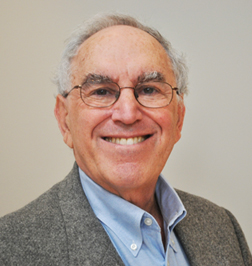Lucia Gagliese, PHD, CIHR New Investigator, School of Kinesiology and Health Sciences, York University; Department of Anesthesia, University Health Network; Department of Anesthesia and Psychiatry, University of Toronto, Toronto, ON.
Rinat Nissim, MA, PhD Candidate, Department of Psychology, York University; Doctoral Fellow, Psychosocial Oncology & Palliative Care, University Health Network, Toronto, ON.
Melissa Jovellanos, BSc, MSc Candidate, School of Kinesiology and Health Sciences, York University; Department of Anesthesia, University Health Network, Toronto, ON.
Nataly Weizblit, BSc Candidate, Department of Psychology, York University; Department of Anesthesia, University Health Network, Toronto, ON.
Wendy Ellis, RN, Clinical Research Co-ordinator, Department of Anesthesia, University Health Network, Toronto, ON.
Michelle M. Martin, PhD, Postdoctoral Fellow, Department of Anesthesia, University Health Network, Toronto, ON.
Gary Rodin, MD, Professor, Department of Psychiatry, Director, Psychosocial Oncology & Palliative Care, Joint University of Toronto/University Health Network; Harold and Shirley Lederman Chair in Psychosocial Oncology and Palliative Care, Toronto, ON.
Both older adults and minority patients are at risk of undertreatment and mismanagement of pain. Caregivers report that many older adults are in pain before death, and doctors are often less willing to prescribe strong opioids to the dying. Underutilization of narcotics with older minority populations has also been reported. The Canadian population is aging rapidly, and Canada is home to one of the most ethnically diverse cities in North America. In this context, the above findings are unacceptable. Recommendations for improvements in the health care system are made.
Key words: end-of-life care, pain management, racial disparities.

 Michael Gordon, MD, MSc, FRCPC, Medical Program Director, Palliative Care, Baycrest Geriatric Health Care System, Professor of Medicine, University of Toronto, Toronto, ON.
Michael Gordon, MD, MSc, FRCPC, Medical Program Director, Palliative Care, Baycrest Geriatric Health Care System, Professor of Medicine, University of Toronto, Toronto, ON.